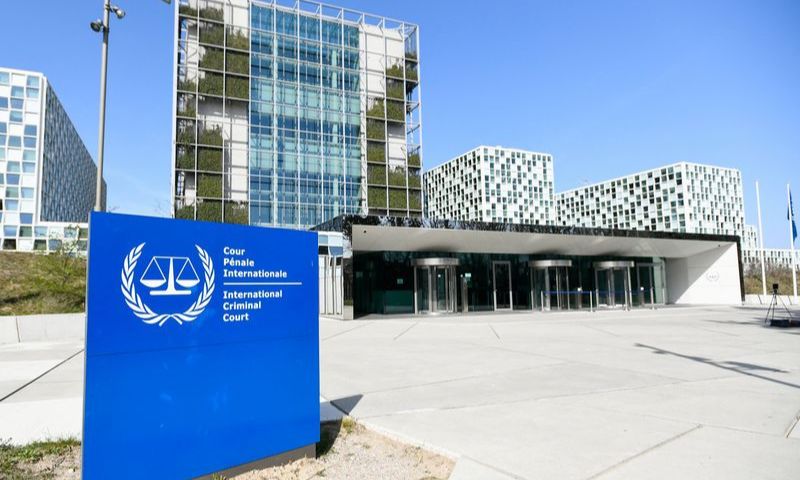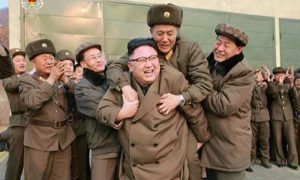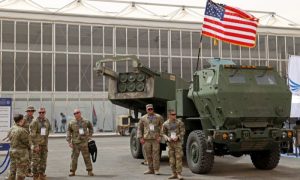BEIRUT: Lebanon has taken a significant step towards accepting the jurisdiction of the International Criminal Court (ICC) to investigate and prosecute Israel’s war crimes on Lebanese territory since October last year.
The Human Rights Watch hailed the move as a landmark step towards justice for war crimes.
Over the past six months, Lebanon has accused Israel of multiple breaches of international law and violations of its sovereignty.
The conflict escalated with exchanges of fire between the Israeli military and the Lebanese armed group Hezbollah along Lebanon’s southern border, coinciding with the Gaza War.
The Israeli forces cross-border shelling has killed at least 70 civilians, including children, rescue workers, and journalists, among them Reuters visuals reporter Issam Abdallah, who was killed by an Israeli tank on October 13, as per a Reuters investigation.
Lebanon’s caretaker cabinet, in a recent decision, voted to authorize the foreign affairs ministry to submit a declaration to the ICC, accepting the court’s jurisdiction to investigate and prosecute crimes committed on Lebanese territory since October 7.
The decision also mandates the inclusion of a report prepared by the Netherlands Organization for Applied Scientific Research (TNO), an independent institute, in Lebanon’s complaints against Israel to the United Nations.
This report, which examined evidence such as shrapnel, flak jackets, camera equipment, and video footage collected by Reuters from the scene of Abdallah’s killing, serves as a key piece of evidence.
Neither Lebanon nor Israel are ICC members, yet filing a declaration with the court enables it to investigate and prosecute relevant crimes during a specified period.
Ukraine has previously filed such declarations, leading to ICC investigations into alleged Russian war crimes.
Human Rights Watch has lauded Lebanon’s government for this move towards securing justice for war crimes, urging the swift formalization of the decision by submitting the declaration to the ICC.
Lama Fakih, Middle East and North Africa director at Human Rights Watch, emphasized the significance of this step in holding perpetrators of war crimes accountable under international law.
























